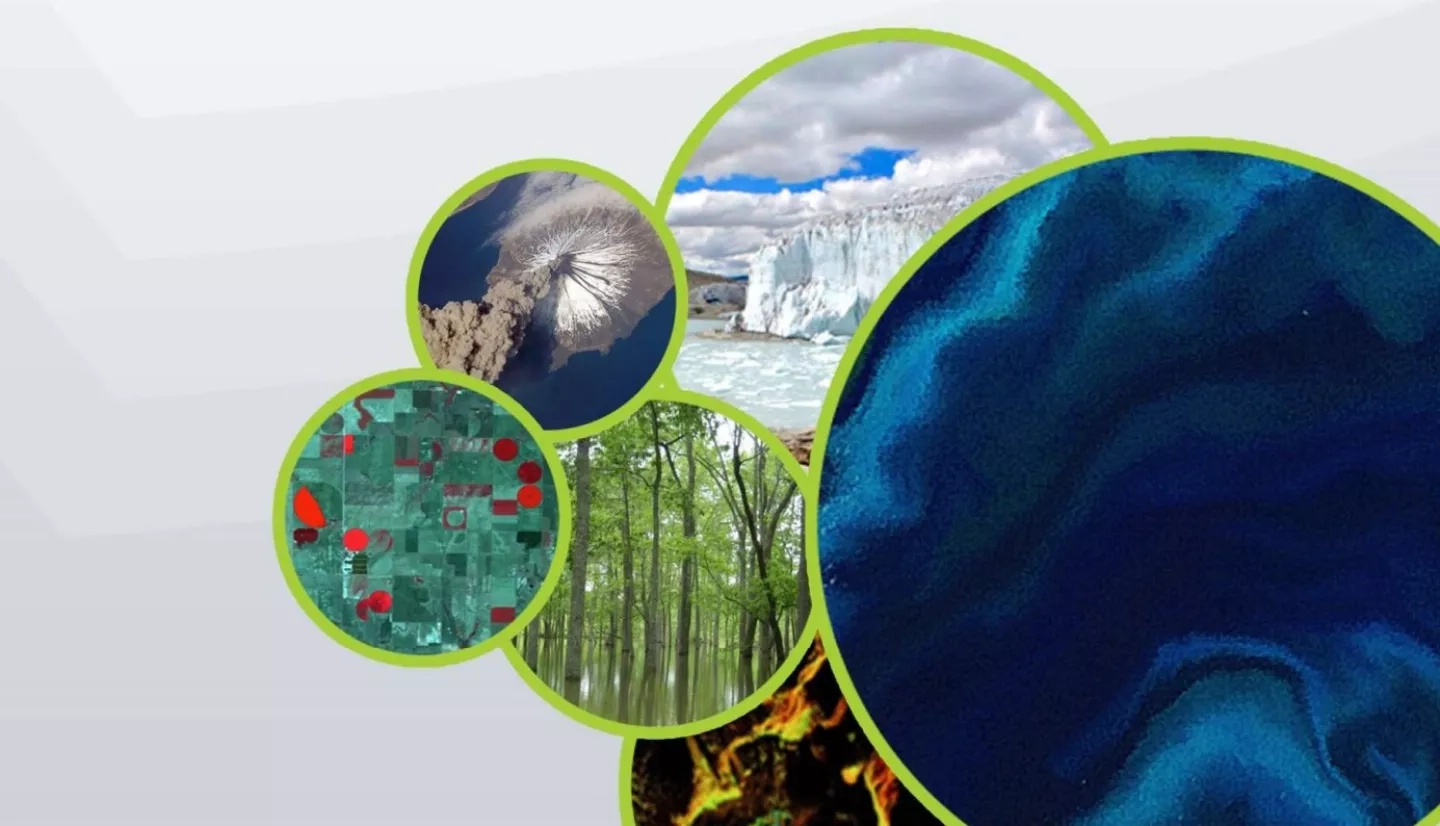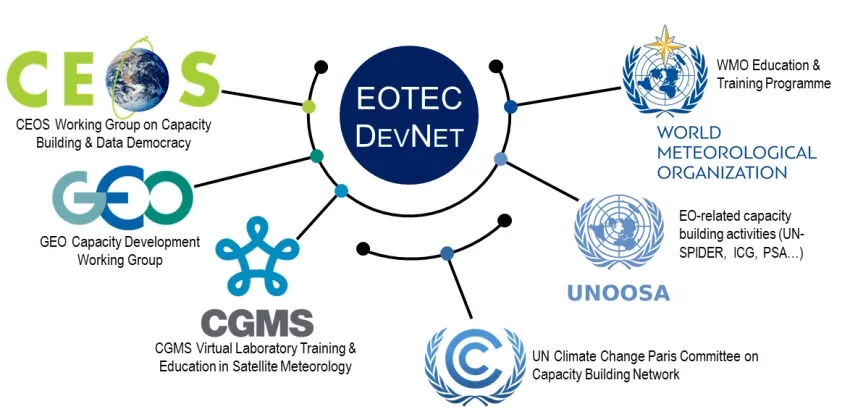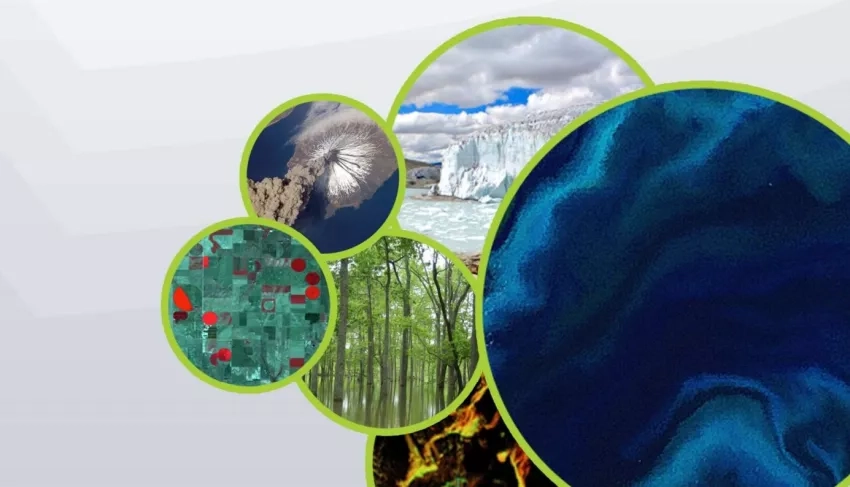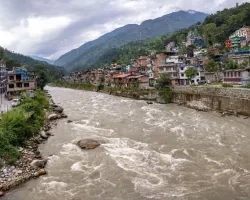Each day, Earth science information from satellites and other sources fuels innovation and increases our ability to address critical challenges such as climate change and disasters. Yet scientists and decision-makers in many parts of the world are not able to access these game-changing applications and data.
A new initiative aims to bridge this gap by improving the delivery of Earth observation-related training and capacity building, particularly in developing countries.
The Earth Observation Training, Education and Capacity Development Network (EOTEC DevNet) brings together several global partners in a network focused on improving coordination and cooperation among providers of EO-related training and capacity building.
The network seeks to leverage the human and financial resources across communities to raise awareness of training opportunities and resources, improve outreach and ensure the needs of each region are being met.
“Space agencies and other satellite providers have tremendous training and capacity building resources, and much can be done to get those valuable resources into more hands, ultimately strengthening use of Earth observation information in decision-making,” said Nancy Searby, program manager for NASA’s Earth Science Applied Sciences' Capacity Building program area and a founder of the network. “EOTEC DevNet is a forum for us to coordinate, collaborate and efficiently extend our reach.”
With a focus on disaster risk reduction and climate change, EOTEC DevNet aligns its work with three global sustainability frameworks: the 2030 Agenda for Sustainable Development, the Paris Agreement on Climate Change and the Sendai Framework for Disaster Risk Reduction 2015-2030.
Among the network’s first deliverables is a web-based tracker of training and capacity building resources for flood monitoring and management, which will be available in mid-2022 on the CEOS website. A second tracker related to capacity building resources for drought is also underway.
A strategic element of EOTEC DevNet is the establishment of regional communities of practice, which will lead the way in determining training and capacity building needs in four regions: Africa, the Americas, Asia-Oceania and Europe.
Want to get involved? EOTEC DevNet seeks capacity building and technical experts from each region to lead and drive the communities of practice. Visit the EOTEC DevNet website to get more information on the roles and responsibilities and to sign-up for email updates.
The lead partners of EOTEC DevNet are:
- Committee on Earth Observation Satellites (CEOS) Working Group on Capacity Building and Data Democracy
- Group on Earth Observations Capacity Development Working Group
- United Nations Office for Outer Space Affairs
- World Meteorological Organization (WMO) Education and Training Program
- WMO-Coordination Group for Meteorological Satellites Virtual Laboratory for Training and Education in Satellite Meteorology




